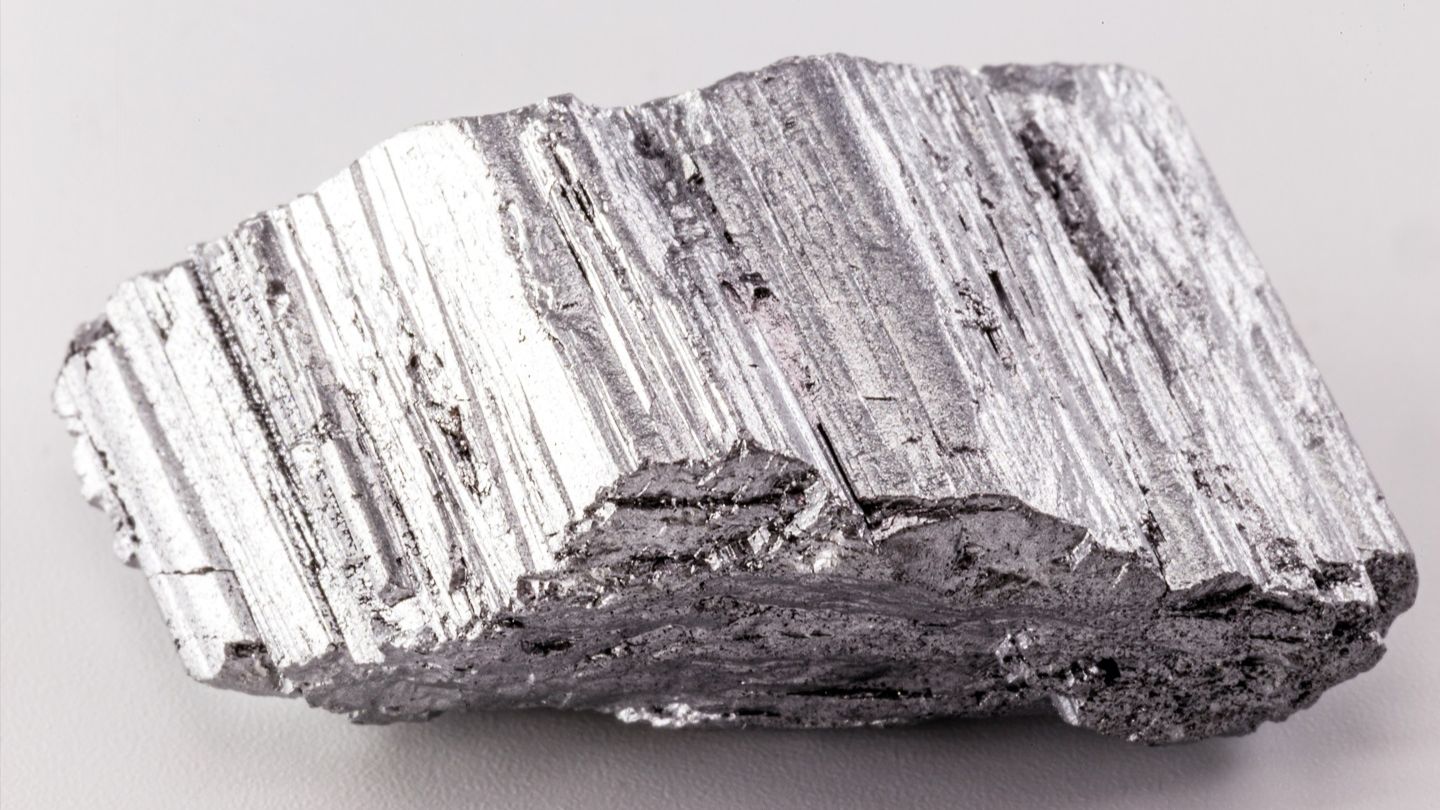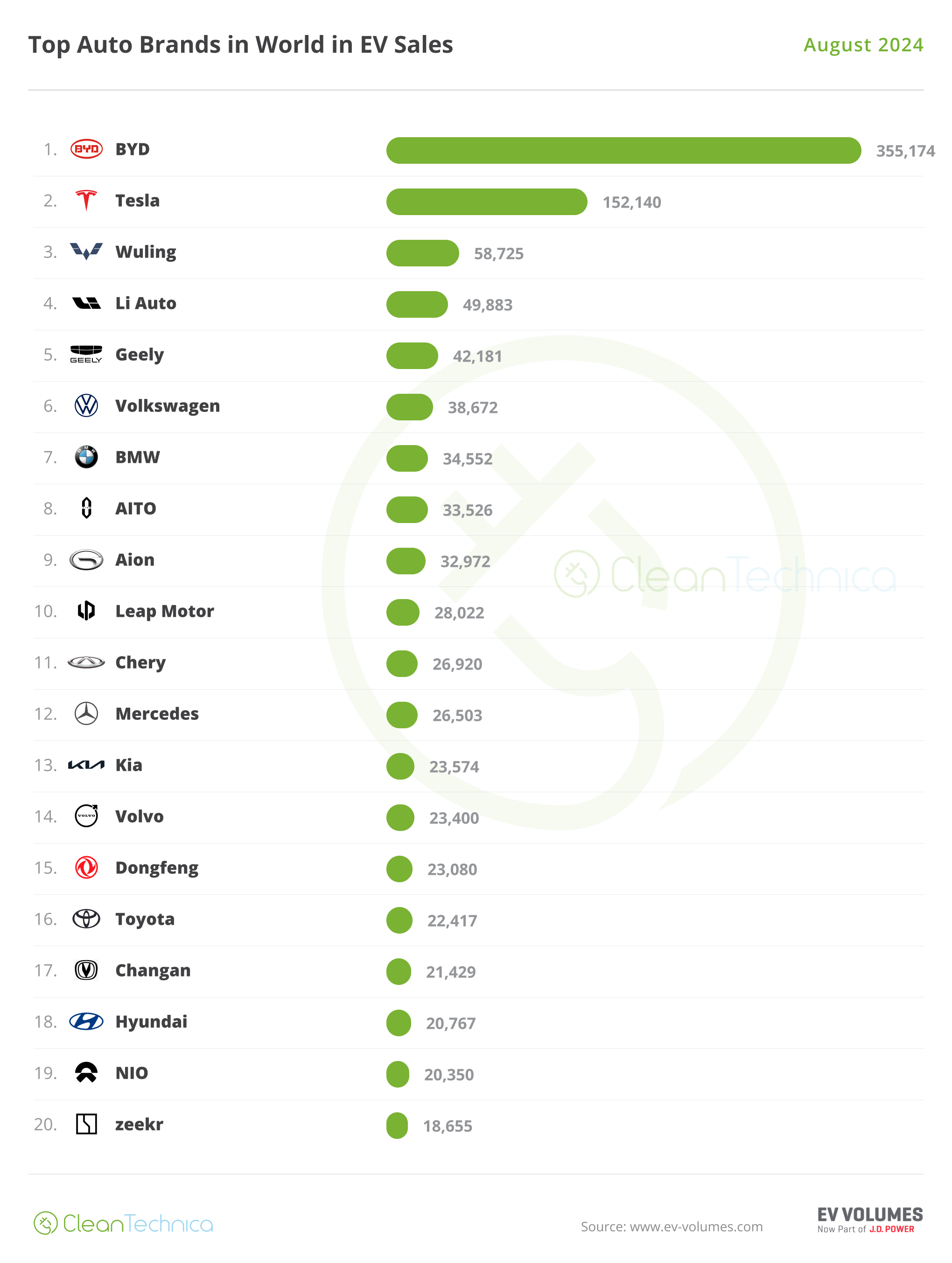Steel manufacturing giant Liberty Steel recently began consultations with unions on mothballing its merchant bar producer, Liberty Merchant Bar (LMB), in Scunthorpe.
“This decision comes after a thorough review of strategic options and the challenging external conditions, especially the lack of local feedstock supply that has affected the plant’s viability,” Liberty’s parent company, GFG Alliance, said in a May 8 announcement.
“Despite providing significant financial support and maintaining the plant’s safe, compliant facilities, the commoditized products produced by LMB face stiff competition from imports with lower energy costs and less stringent environmental standards,” the company added.
GFG stated that consultations are due to last 45 days and about 127 employees associated with the plant will be part of the process.
Are you on the hook for communicating the company’s steel performance to your executive team? See what should be in that report.
Steel Manufacturing Trending Negative Across the UK
Information on Liberty’s website indicates that LSM can produce about 400,000 metric tons of merchant bar products per year, including flats, angles, rounds, convex flats, crane rails, and unequal angles, as well as profiles.
The site is next to British Steel’s Scunthorpe plant, which closed its coking ovens in 2023. A GFG spokesman told MetalMiner in an email that this has resulted in a lower gas supply to LMB’s reheating ovens – another factor that has kept the merchant roller from operating viably over the past two years.

British Steel also plans to permanently blow down its on-site blast furnaces and replace them with an electric arc furnace as part of a £1.25 billion ($1.56 billion) decarbonization project. That project will see the company’s nameplate crude steel capacity decline 50% to 3 million metric tons per year from 4.5 million metric tons. However, sources indicate that the plant currently pours about 3.2 million metric tons.
The Chinese-owned company stated on April 30 that British Steel also received approval from local authorities to proceed with its EAF plans.
Atlantic Steel Another Victim of Changing UK Steel Industry
Further west in England and further downstream, steel processor Atlantic Steel recently entered a formal insolvency procedure known as administration in English and Welsh law.
A May 7 report from local daily Liverpool Echo stated that the move follows a slump in sales and an unsuccessful attempt to sell the company, which is headquartered in the port city of Birkenhead, next to Liverpool. The company’s primary activity included de-coiling hot rolled coils to spec for clients.

An official at the site told MetalMiner that the UK steel manufacturing and steel market’s poor state was the primary reason behind Atlantic’s entrance into insolvency. Indeed, high interest rates and poor demand have put downward pressure on steel prices in Europe since the start of 2024.
For example, northern European mills were seeking €620-630 ($665-675) per metric ton EXW in late April, down from €650-660 ($700-710) earlier that month.
Steel manufacturing changes have big repercussions. Don’t risk having supply chain disruptions hurt you, get ahead of the curve with MetalMiner’s weekly newsletter and stay informed on important steel news.




